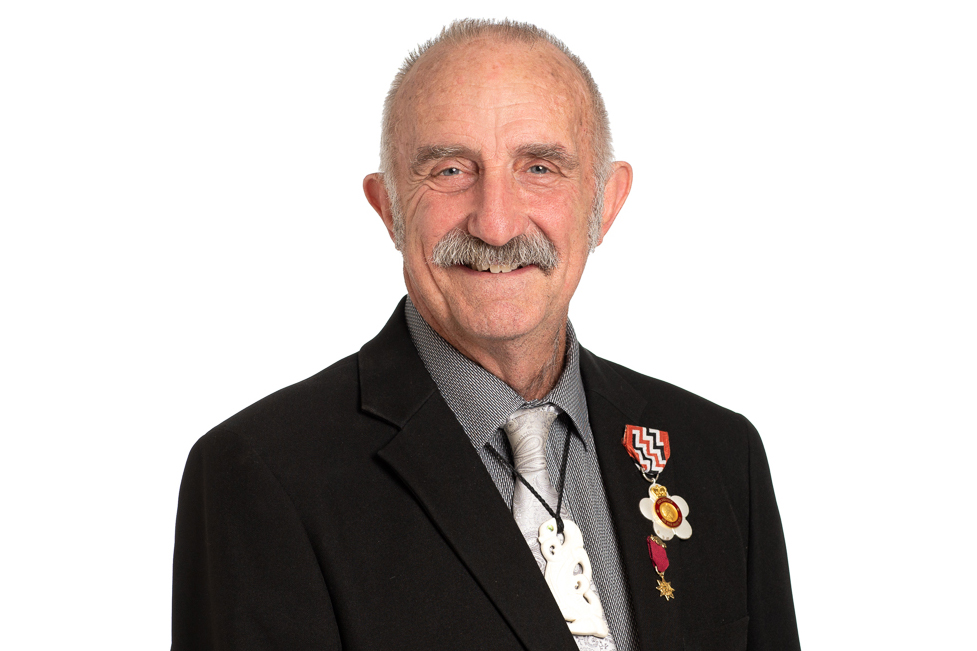Three waters concerns remain for council
On 1 June, my fellow councillors and I sent an open letter to the local government minister, Nanaia Mahuta, expressing our grave concerns about the Government’s proposed three waters reform model. It was not the first time we have voiced our misgivings about the reforms and, once again, we invited the minister to meet with us to discuss those concerns.

On 1 June, my fellow councillors and I sent an open letter to the local government minister, Nanaia Mahuta, expressing our grave concerns about the Government’s proposed three waters reform model. It was not the first time we have voiced our misgivings about the reforms and, once again, we invited the minister to meet with us to discuss those concerns. While the letter was acknowledged by the minister’s office, we are yet to receive a response about the issues we raised or our meeting request.
This council has always accepted that reform the way we operate and fund the nation’s water, stormwater and wastewater infrastructure is necessary and overdue. However, we cannot accept parts of the proposals as they stand, particularly around representation and financing. As you will all know by now, the government wants to amalgamate three waters assets owned by New Zealand’s 67 councils into four giant water entities. One entity will combine assets belonging to Northland councils with Auckland to create what is currently known as ‘Entity A’. Our fear is that this mega three waters provider will remove the ‘local’ from local government. It will undermine the ability of our communities to make meaningful decisions about the infrastructure and services they receive. I know many of you share those concerns.
While recent changes to the reform programme have improved how the new entities will be run, imbalances remain and we believe Northland’s voice will be swallowed by our much larger neighbour, Auckland. Entity A’s representative group will comprise four members from Auckland Council and four from Tāmaki Makaurau iwi. That compares three from Northland councils and three Tai Tokerau iwi representatives. It is difficult to see how Northland’s six votes will ever carry the day against Auckland’s eight.
In our letter to the minister, we expressed concerns about how these entities will be financed, especially if the government refuses to underwrite their borrowings. That will increase borrowing costs, which will inevitably be passed onto the consumer and ratepayer. Along with other councils, we are also concerned that the government has not committed to invest further in three waters infrastructure. As this week’s opening of the Kaitāia Water Project clearly demonstrated, councils like us rely on Crown funding to help us build significant three waters infrastructure, particularly in rural areas with a low rating base.
While we accept changes are required, one option that we believe should be given greater consideration is a regional response. Northland councils have already demonstrated how we can achieve efficiencies and economies of scale when delivering roading services. Our Northland Transportation Alliance is an example of how individual councils can join forces to take advantage of the local knowledge and resources, and how we can deploy this to resolve problems at a community, district and regional level.
We all want to deliver affordable, safe drinking water to our communities and to protect our precious waterways for future generations. I hope the minister will accept our invitation and join us to discuss our concerns and alternative solutions.

